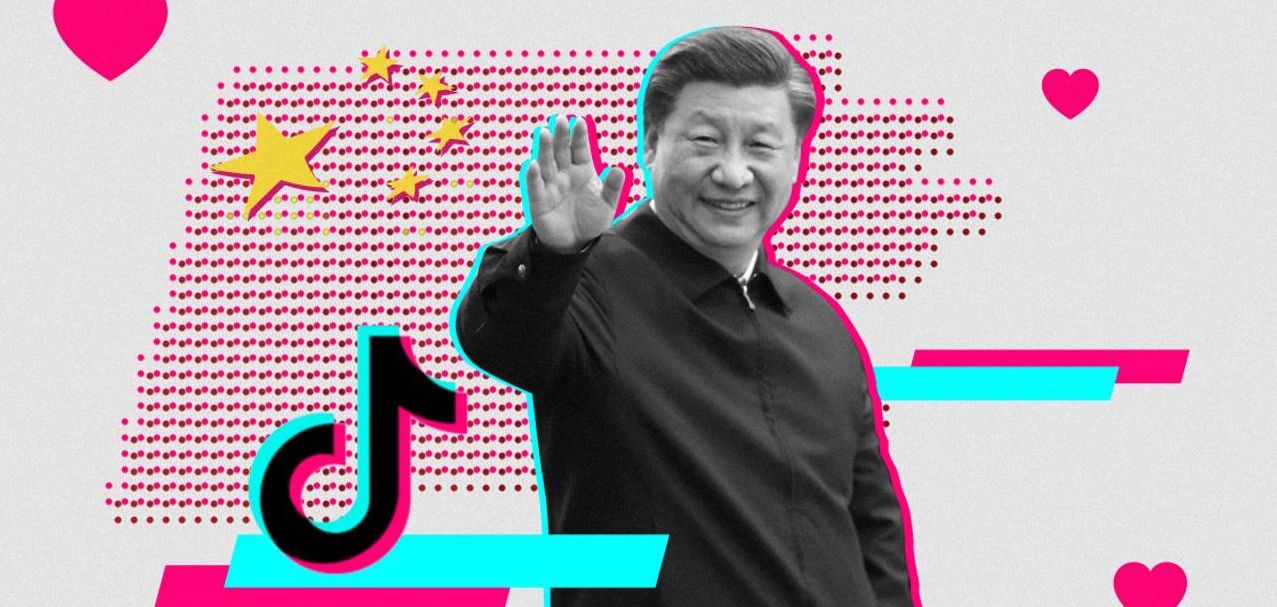Lately, China seems to be in the news every day. It’s been there for its Silk Road Initiatives, trade deficits, Huawei’s world domination when it comes to 5G, the COVID-19 pandemic cover-up, encouraging the existence of disease-prone Wet Markets, control over the World Health Organization, reneging on the Hong Kong accord and then repression, negotiating assistance to U.S. president Donald Trump’s re-election campaign, conflict with India over the disputed Pangong Lake, war threats made against Taiwan, disputes with Japan over the Senkaku Islands, support for North Korea’s nuclear program, theft of intellectual properties, expelling American journalists, creating internment camps for one million Chinese Turkic Muslims, and now the use of its TikTok social media platform in the West as a tool for its propaganda, which, after Trump’s love affair with China ended, is viewed as anti-Trump.
According to an article in the Wall Street Journal, TikTok users in the U.S. “Praise China to Boost Views.” The Journal (which, early in the year had had three of its journalists expelled by China) reported that hundreds of users have been uploading pro-China clips on the Beijing-based ByteDance-owned TikTok in order to build audiences that could translate into sponsorships and advertising partnerships. Conversely, users could have their posts “shadow banned,” as is said to happen to posts that, inexplicably, don’t get viewers.
Favored clips could consist of posts depicting people in front of the Chinese flag or of them kissing a photo of China’s president, Xi Jinping (pictured above).
The Journal pointed out that, last year, the U.S. Senate launched a national security review of TikTok (which is called Douyin in China), which removed videos that were politically sensitive in China, including those of pro-democracy protests in Hong Kong.
The Journal wrote that TikTok denied the charges, but it ended the article by underlining how Tik Tok posts for Black Lives Matter received zero views.
In any case, American president Donald Trump said that he’ll ban TikTok in the U.S. on September 15 if Microsoft (which indicated an interest) or another company doesn’t buy it. Other companies that have shown interest in acquiring it include investment funds Sequoia Capital, General Atlantic, and Twitter. The acquisition would be for TikTok assets in the U.S., Canada, Australia, and New Zealand. In the U.S. TikTok has 1,400 employees.
Trump added that a very substantial portion of the money paid is going to come from the U.S. treasury. Founded in 2012 by the then 29-year-old Zhang Yiming, TikTok has 800 million followers worldwide, of which 100 million are in the U.S. It is valued up to U.S.$100 billion. Former Disney executive Kevin Mayer is TikTok’s CEO.
President Trump also signed executive orders that target ByteDance’s TikTok and Tencent’s WeChat, prohibiting American companies from conducting “transactions” with them. The orders take effect September 20 (well before the U.S. presidential election), and TikTok has threatened to take the matter to U.S. court.












Leave A Comment